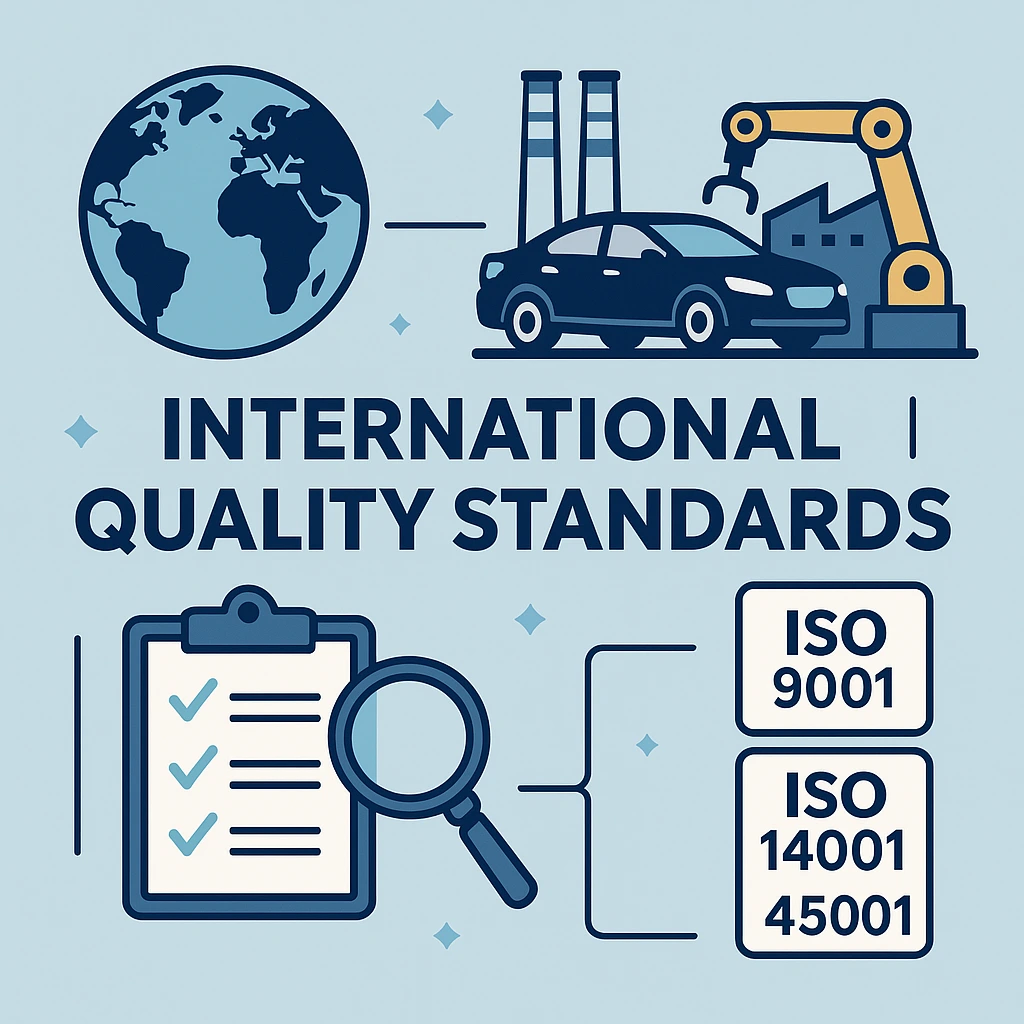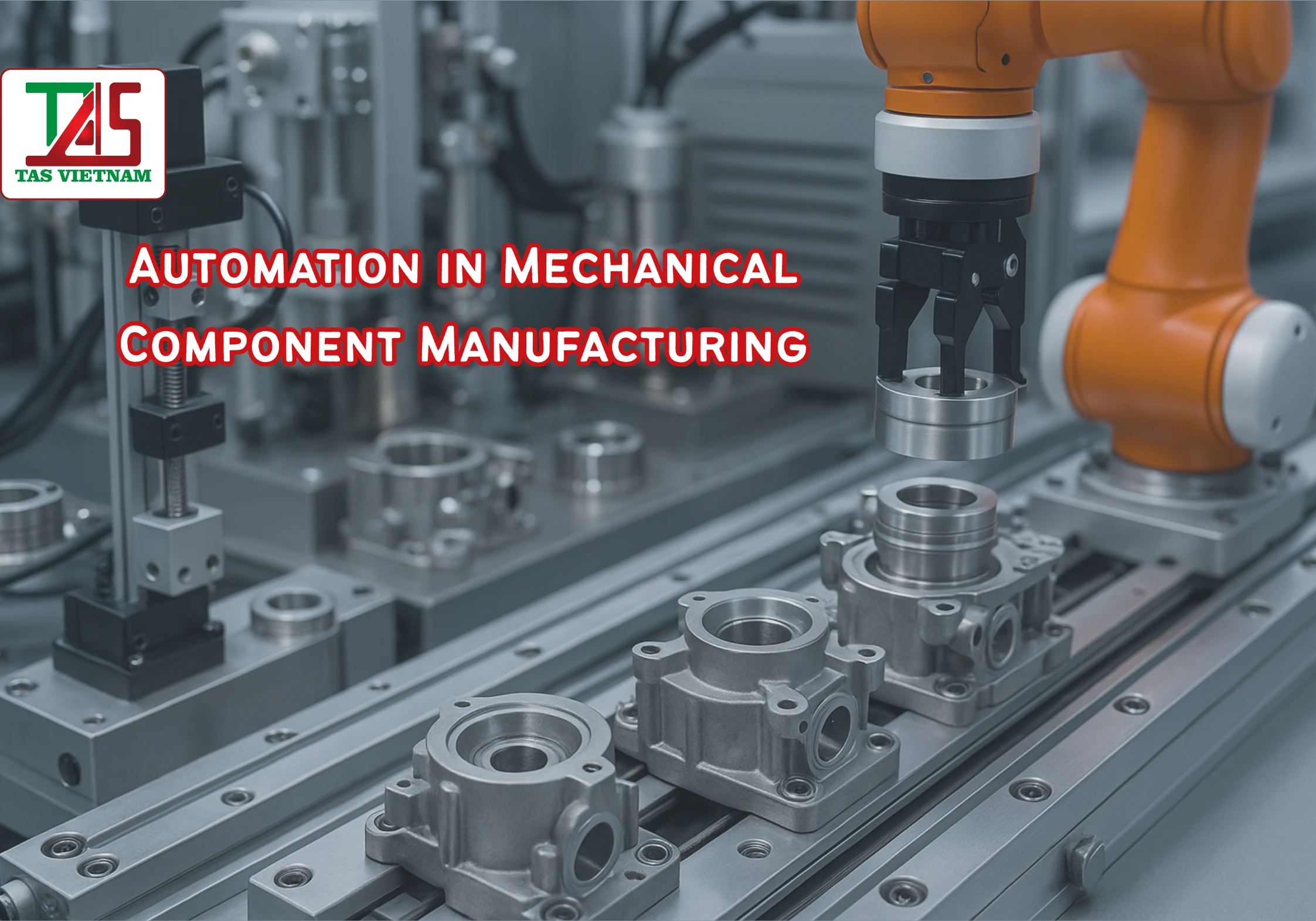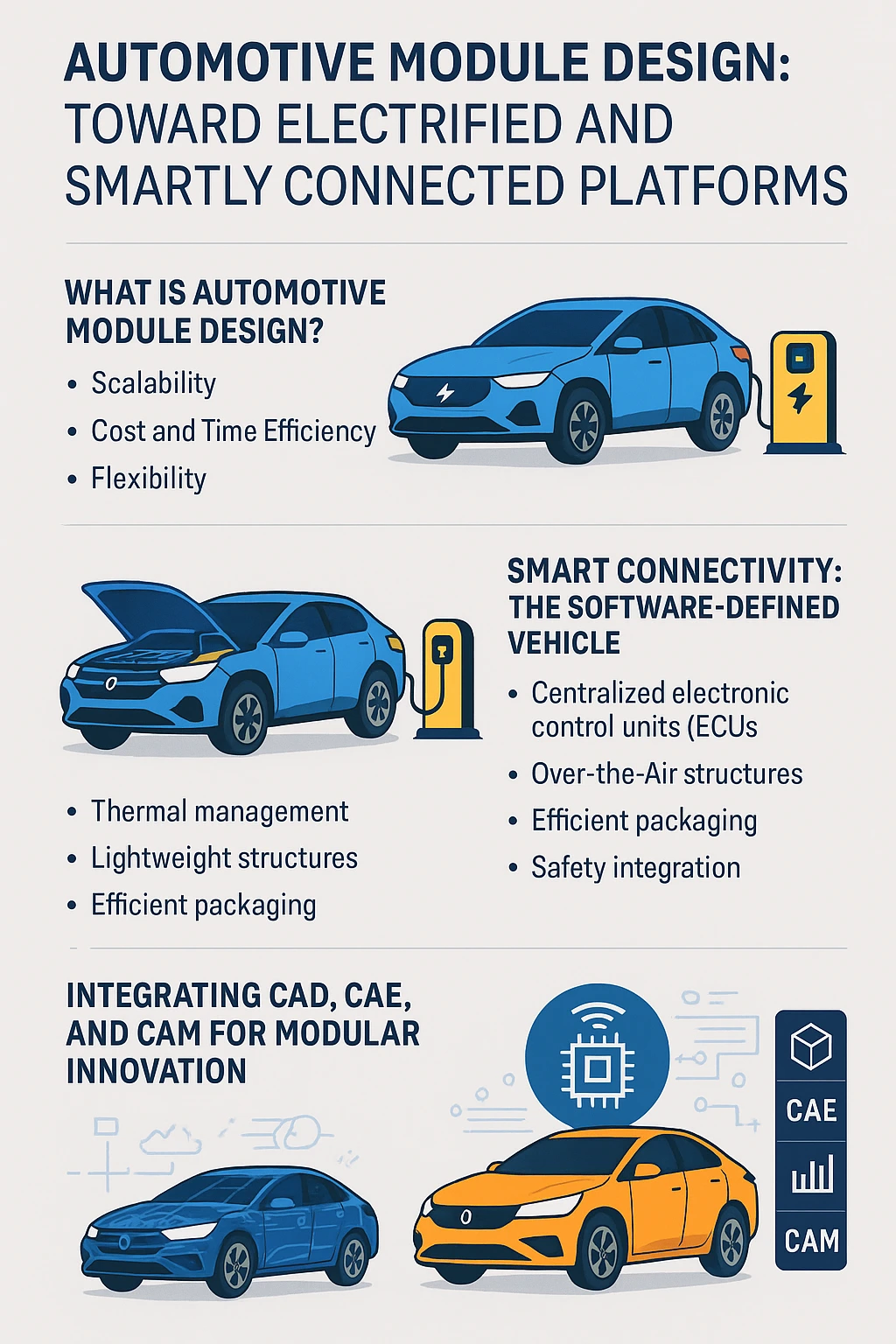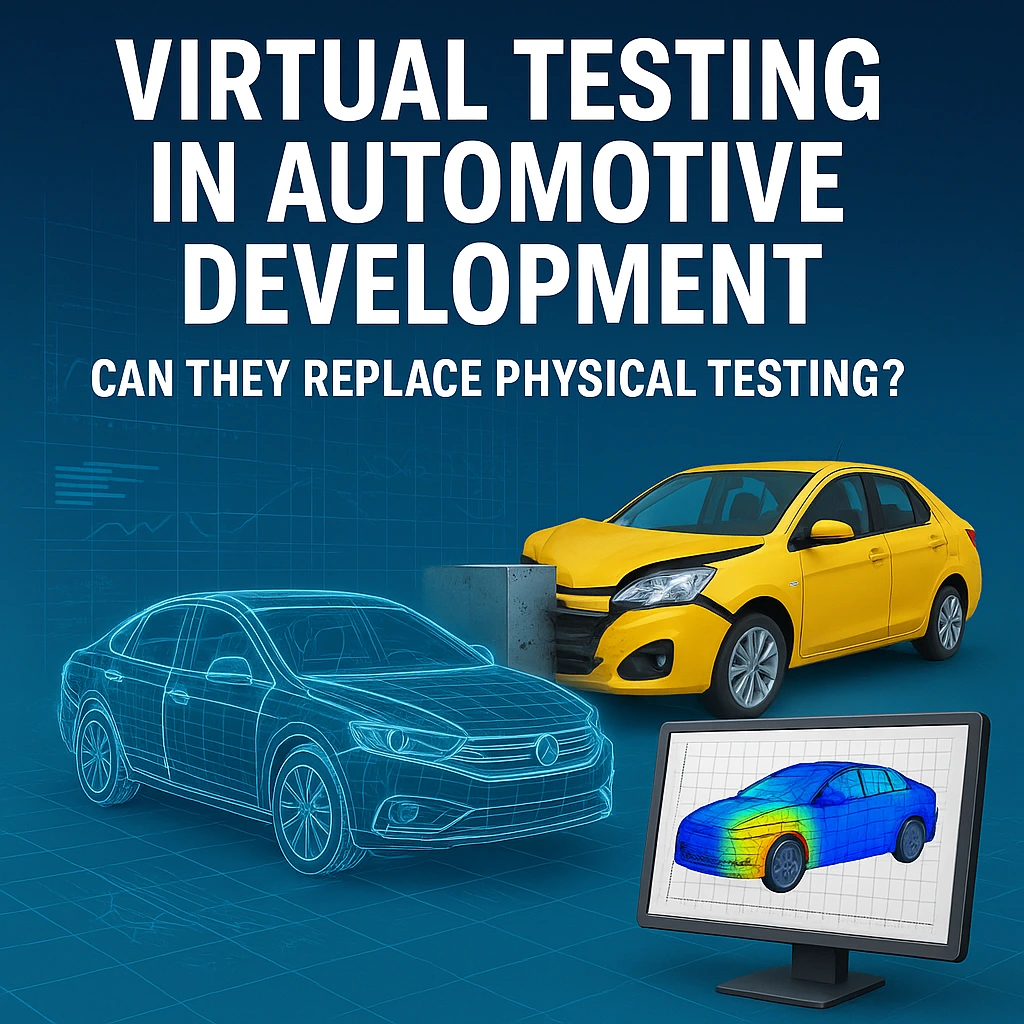Introduction
In today’s rapidly evolving automotive industry, maintaining international quality standards is no longer optional—it’s essential. As Vietnam continues to grow as a hub for automotive manufacturing and engineering, companies operating here must align with global benchmarks to remain competitive. For foreign enterprises and engineering professionals in Vietnam, understanding and applying these standards not only ensures product excellence but also builds trust and opens opportunities in international markets.
This article explores the key international quality standards relevant to automotive businesses in Vietnam, their benefits, and practical insights for implementation.
1. ISO 9001:2015 – The Foundation of Quality Management
Overview:
ISO 9001:2015 sets the foundation for quality management systems (QMS). It emphasizes customer satisfaction, continuous improvement, and evidence-based decision-making.
Why it matters:
In the automotive industry, precision and reliability are vital. Implementing ISO 9001 helps organizations standardize workflows, reduce waste, and ensure consistent product quality—factors that global clients highly value.
Application in Vietnam:
Vietnamese automotive companies that achieve ISO 9001 certification demonstrate to international partners that their operations meet globally recognized quality standards. It’s often a prerequisite for exporting components or collaborating with Tier 1 suppliers.
2. IATF 16949:2016 – The Automotive-Specific Standard
Overview:
Developed by the International Automotive Task Force (IATF), this standard integrates ISO 9001 principles with specific automotive sector requirements.
Key areas covered:
- Product traceability and defect prevention
- Supplier management and development
- Risk-based thinking in production
- Continuous process improvement
Why it’s crucial:
IATF 16949 is required by most leading automotive manufacturers worldwide. For businesses in Vietnam aiming to join the global supply chain, compliance with IATF 16949 signifies a commitment to zero defects and customer satisfaction.
3. ISO 14001:2015 – Environmental Management for Sustainable Growth
Overview:
ISO 14001 focuses on reducing environmental impact and promoting sustainable operations.
Relevance to Vietnam:
As Vietnam commits to greener industrial practices, environmental management becomes a major priority. Adopting ISO 14001 helps automotive firms reduce emissions, manage waste, and align with government sustainability goals.
Business advantage:
Companies certified with ISO 14001 not only comply with regulations but also enhance their brand image among environmentally conscious clients and partners.
4. ISO 45001:2018 – Occupational Health and Safety Management
Overview:
Workplace safety directly impacts productivity and reputation. ISO 45001 ensures a systematic approach to identifying and managing health and safety risks.
Why it’s vital:
In the automotive sector—where heavy machinery and complex assembly lines are common—this standard helps protect employees and reduce downtime caused by accidents or non-compliance.
5. ISO/IEC 17025 – Testing and Calibration Competence
Overview:
This standard defines the general requirements for the competence of testing and calibration laboratories.
Importance in automotive engineering:
Testing and simulation play a critical role in product validation. Certified laboratories under ISO/IEC 17025 assure clients of data accuracy and reliability, strengthening confidence in engineering results.
6. Automotive SPICE (ASPICE) – Software Quality in Modern Vehicles
Overview:
Modern vehicles are highly software-driven, from infotainment systems to safety controls. Automotive SPICE provides a framework for evaluating and improving software development processes.
Why it matters now:
As Vietnam’s automotive sector transitions toward electric and smart vehicles, adopting ASPICE ensures that software development meets the same rigorous standards as mechanical engineering.
7. Integration of Standards for Total Quality Excellence
The most successful automotive companies integrate multiple standards into a cohesive quality management ecosystem. For example:
- ISO 9001 for overall process management
- IATF 16949 for automotive-specific quality control
- ISO 14001 & ISO 45001 for sustainability and safety
- ASPICE & ISO/IEC 17025 for digital and testing excellence
This holistic approach drives operational efficiency, innovation, and trust with global partners.
8. Challenges and Opportunities for Vietnamese Automotive Companies
Challenges:
- High cost and complexity of implementation
- Limited awareness of advanced standards among SMEs
- Need for skilled engineers and auditors
Opportunities:
- Strong government support for industrial modernization
- Increasing demand from foreign investors for high-quality local suppliers
- Access to international markets through certification
9. How TASVINA Supports Quality Excellence
At TASVINA, we specialize in delivering end-to-end engineering solutions that align with international standards across CAD, CAE, CAM, and Automation. Our expertise helps companies in Vietnam and abroad achieve global quality benchmarks efficiently.
From engineering simulation and design optimization to process automation and quality assurance, TASVINA ensures every project meets rigorous international requirements—helping clients gain a competitive edge in the global automotive supply chain.
Conclusion
For automotive businesses in Vietnam, international quality standards are not just compliance checklists—they are the foundation of sustainable growth, innovation, and global recognition. Embracing ISO, IATF, and related standards empowers companies to compete confidently on the world stage.
By partnering with experienced engineering service providers like TASVINA, businesses can navigate these standards effectively and accelerate their journey toward operational excellence.












